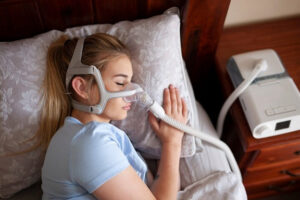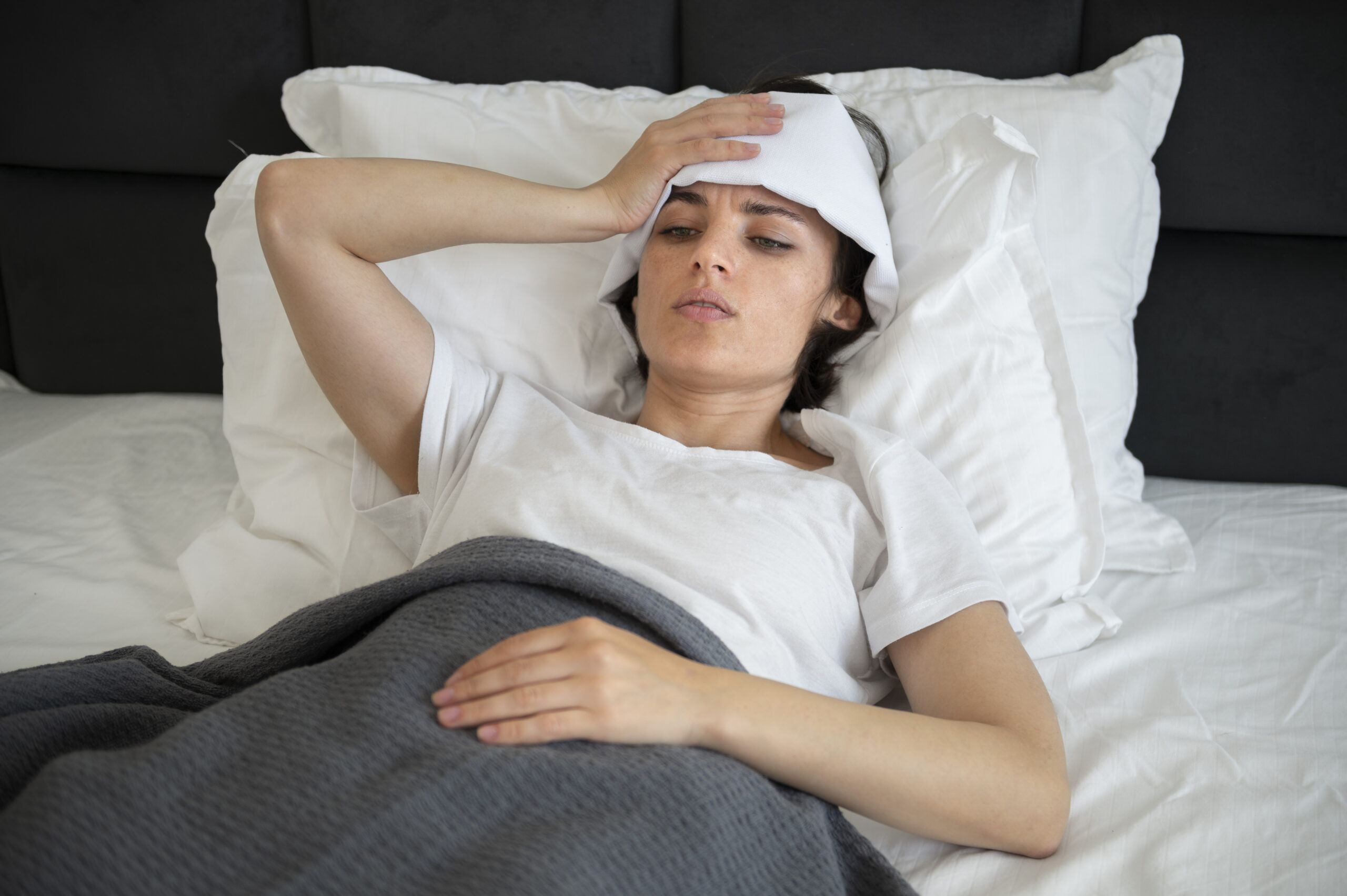Introduction
In the midst of the Covid-19 pandemic, many people are experiencing persistent symptoms even after recovering from the virus. While there is still much to learn about this novel disease, recent studies suggest that sleep apnea may be a contributing factor. This common sleep disorder affects millions of people worldwide and can increase your risk for developing persistent Covid-19 symptoms.
What Is Sleep Apnea?
Sleep apnea is a common sleep disorder that affects millions of people worldwide. It occurs when your breathing becomes shallow or stops completely during sleep, which can lead to interrupted and poor quality sleep. There are three types of sleep apnea: obstructive, central, and complex.
How Sleep Apnea May Increase Your Risk for Developing Persistent Covid-19 Symptoms
Sleep apnea is a common sleep disorder that affects millions of people worldwide, and recent studies have shown that it may increase your risk for developing persistent Covid-19 symptoms. The reason behind this is because sleep apnea can weaken the immune system, making individuals more susceptible to contracting viruses such as Covid-19.
When an individual has sleep apnea, they experience brief interruptions in their breathing while sleeping. This leads to significant drops in oxygen levels throughout the night, which can cause stress on the body and suppress the immune system.
Furthermore, those with sleep apnea tend to have other comorbidities such as obesity and hypertension, both of which are known risk factors for severe Covid-19 cases. These conditions put additional strain on the body’s overall health and wellbeing and make it harder for individuals to fight off infections or illnesses.
It’s important to note that not all individuals with sleep apnea will experience severe or persistent Covid-19 symptoms. However, taking steps to manage your sleep apnea through proper treatment options such as CPAP machines or lifestyle changes can help improve overall health outcomes during these uncertain times.

Common Symptoms of Sleep Apnea
- Morning Headaches: In addition to these primary symptoms, other indicators may signal the presence of this condition. For instance, morning headaches are quite common among individuals with sleep apnea since they experience bouts of oxygen deprivation throughout the night. Additionally, many patients report waking up frequently during the night due to restless sleeping patterns.
- Dry Mouth Or Sore Throat: Another sign worth mentioning is dry mouth or sore throat upon awakening in some cases. This occurs because airway blockages associated with sleep apnea can lead to mouth breathing – causing dehydration or irritation within oral tissues.
Risk Factors for Sleep Apnea
- More Susceptible: Sleep apnea is a condition that can affect anyone, but there are certain risk factors that make some individuals more susceptible to developing this disorder. Some of the most common risk factors for sleep apnea include obesity, age, and gender.
- Obesity: Obesity is one of the biggest risk factors for sleep apnea as it increases the amount of fatty tissue in the neck area that can block your airway. Age also plays a role in increasing your chances of developing sleep apnea since your muscles tend to become weaker with age, which includes those located in your throat.
- Smoking And Alcohol Consumption: Other risk factors include smoking, alcohol consumption before bedtime, nasal congestion or obstruction from allergies or structural abnormalities such as deviated septum. Identifying these risks early on can help prevent complications associated with untreated sleep disorders.
Also Read: International Day of Yoga 2022: Stories, Themes, and Poses
Conclusion
Sleep Apnea is a common sleep disorder that affects millions of people worldwide. It is characterized by breathing interruptions during sleep, leading to several health complications. In this article, we explored how Sleep Apnea may increase your risk for developing persistent Covid-19 symptoms.
















